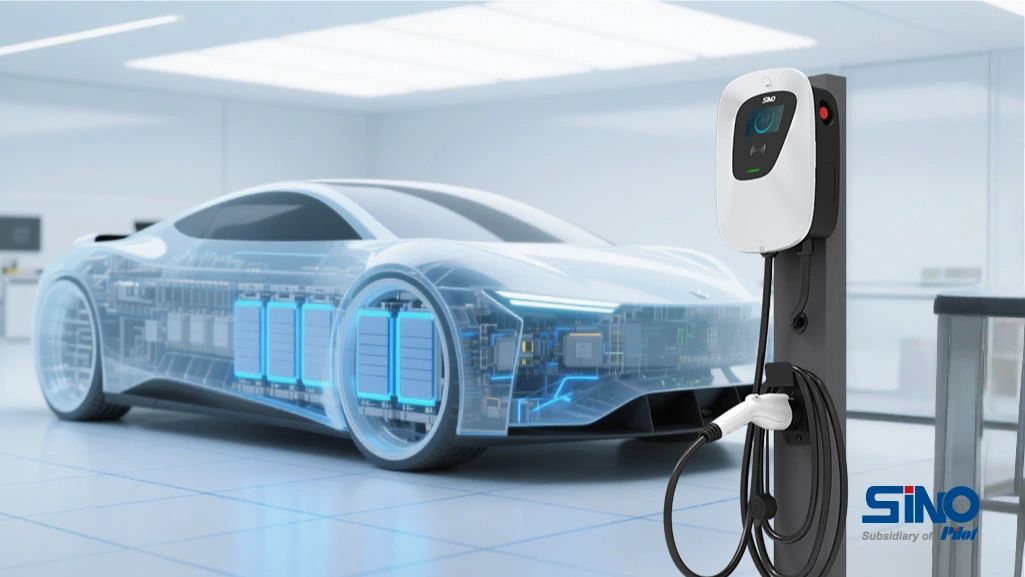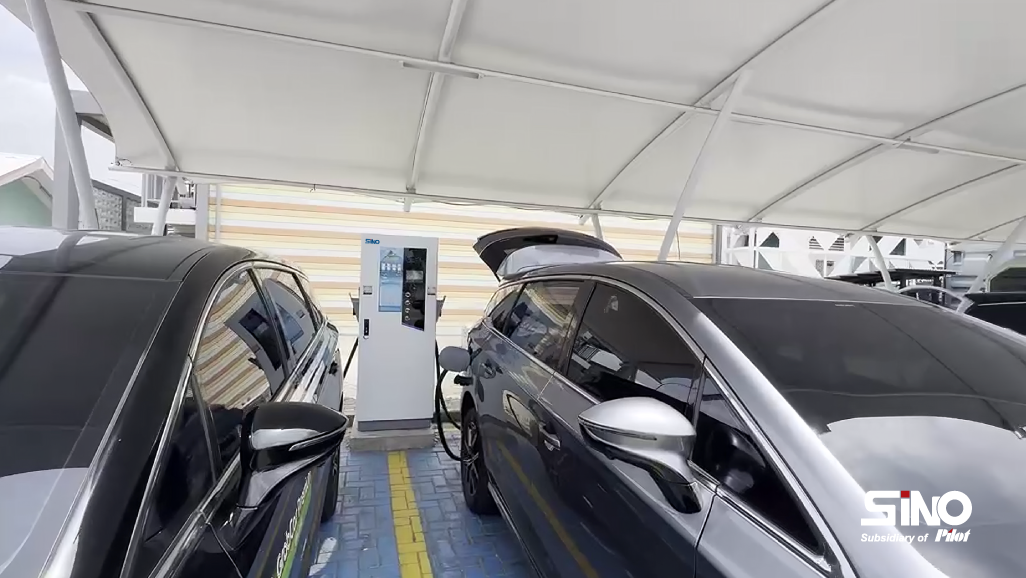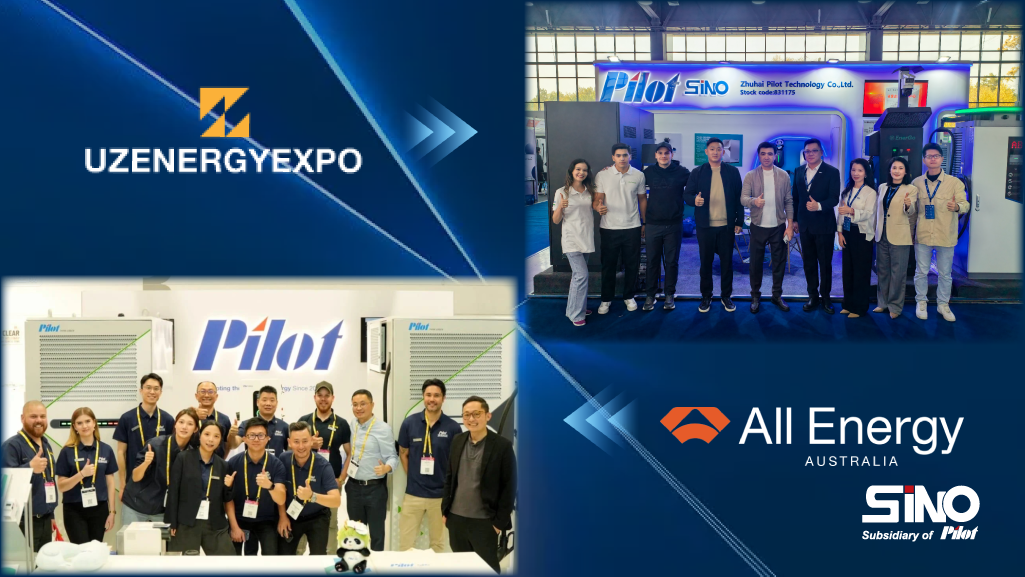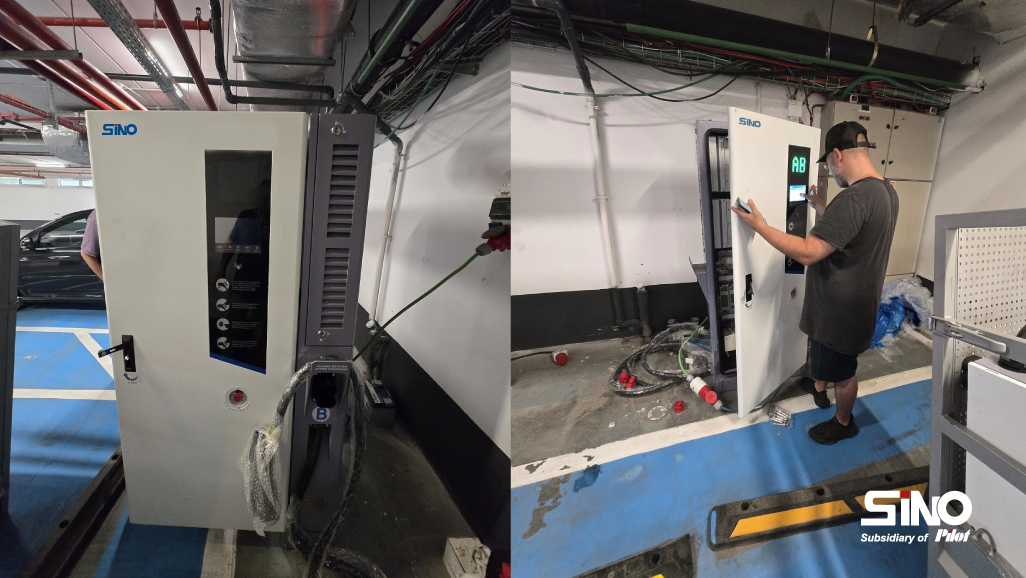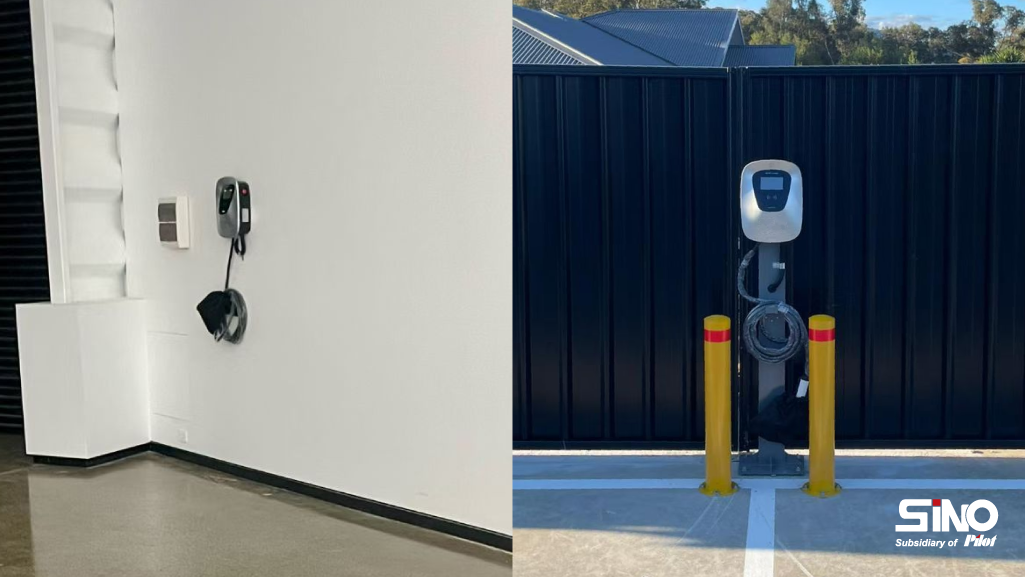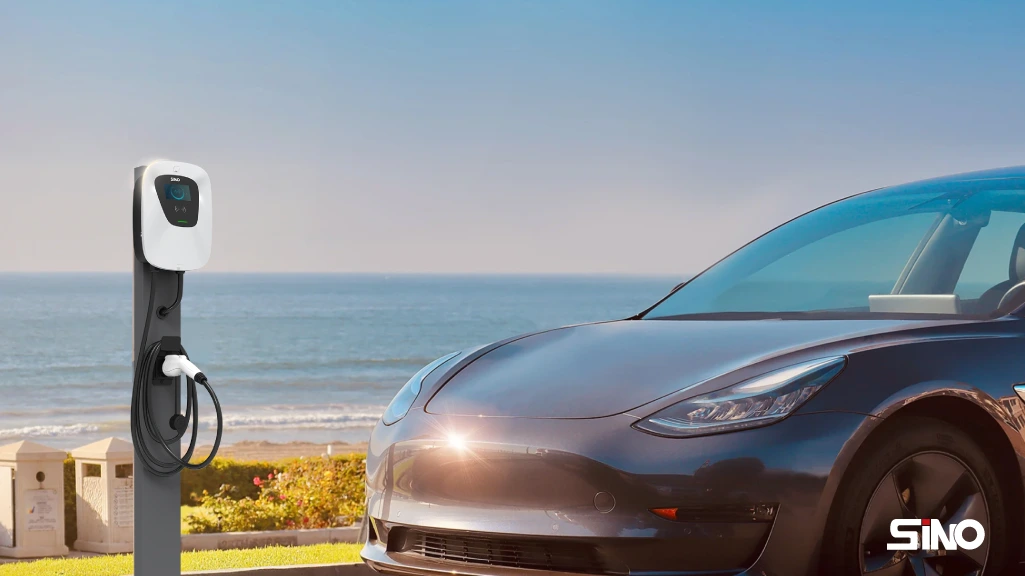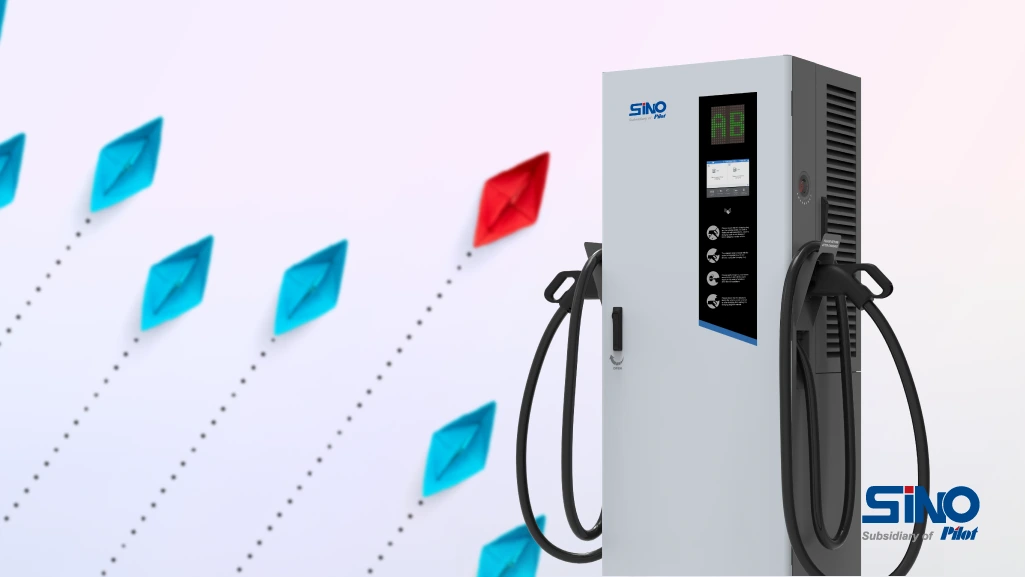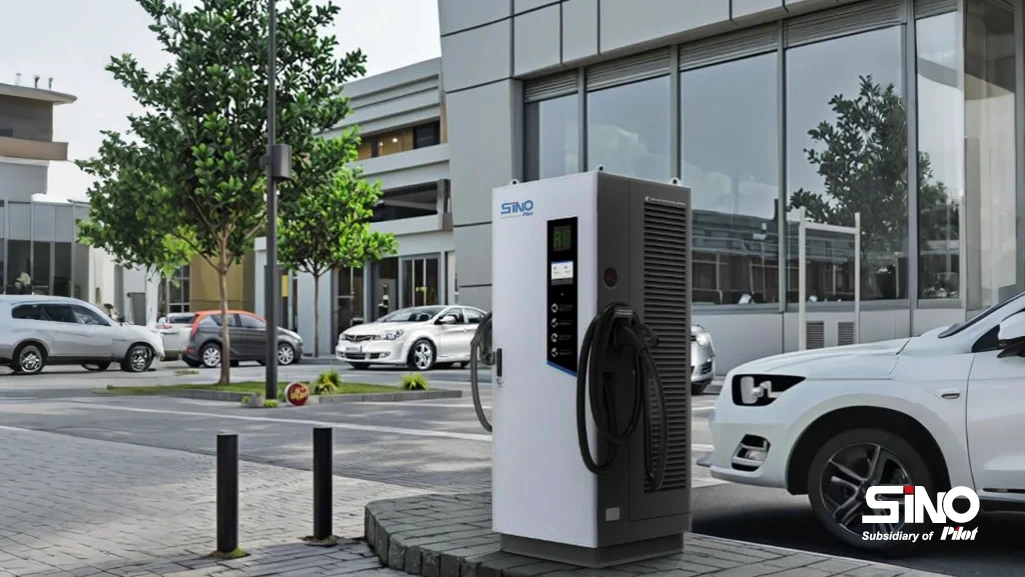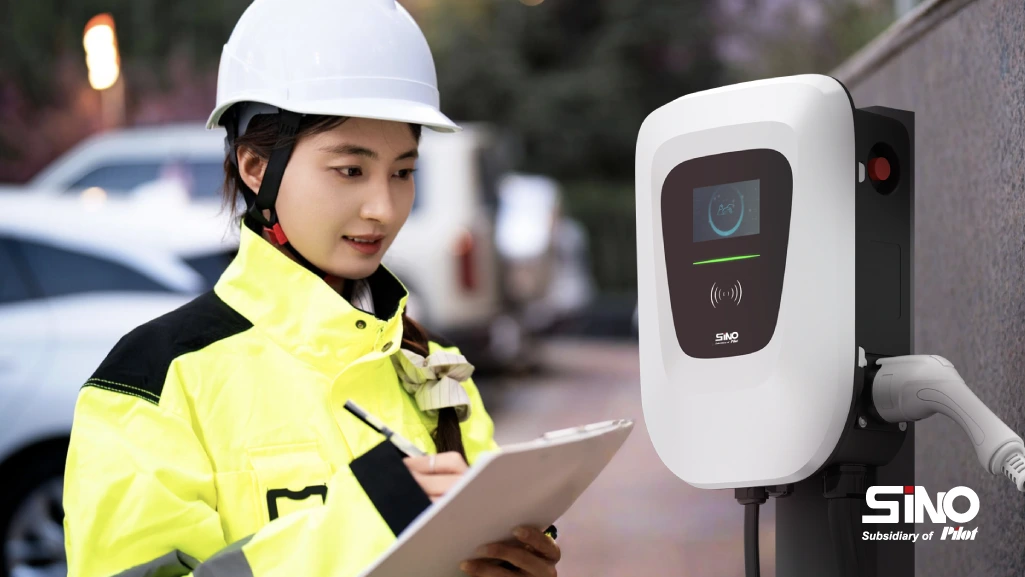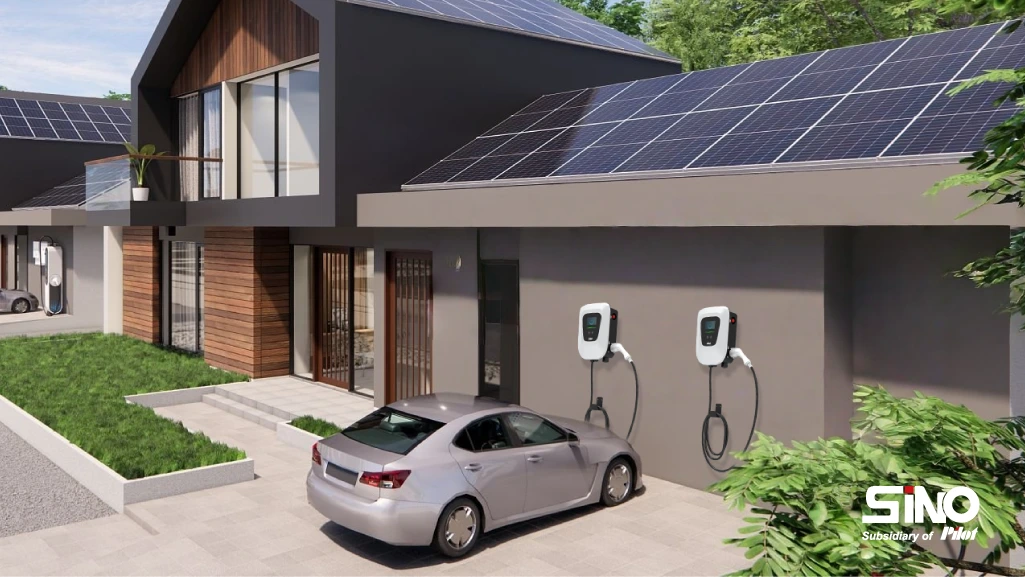Explore the range of government incentives available to install electric vehicle charging stations. Our blog delves into the details of tax credits, grants, rebates, and more to guide you in making informed decisions for a sustainable future for your business.
New energy vehicles are becoming more and more popular now, government incentives for installing EV charging stations are a key factor in promoting the adoption of electric vehicles (EVs) and supporting the development of the necessary infrastructure. Here’s a detailed look at some of the incentives and support available
National-Level Incentives
- Tax Credits and Grants:
In many countries, governments offer tax credits or direct grants to businesses and individuals who install EV charging stations. These incentives can significantly offset the initial installation costs. For instance, in the United States, the federal government provides a tax credit for alternative fuel vehicle refueling property, which includes EV charging stations.
- Low-Interest Loans:
Some governments offer low-interest loans to encourage the installation of charging infrastructure, particularly in rural or underserved areas. These loans can make the financial burden of installing a charging station more manageable for small businesses and local governments.
- Rebates and Subsidies:
Rebates and subsidies are another form of financial assistance that can reduce the out-of-pocket expenses for installing EV charging stations. These programs may be administered by the government or through utility companies, which may offer rebates for the installation of Level 2 or DC fast charging stations.
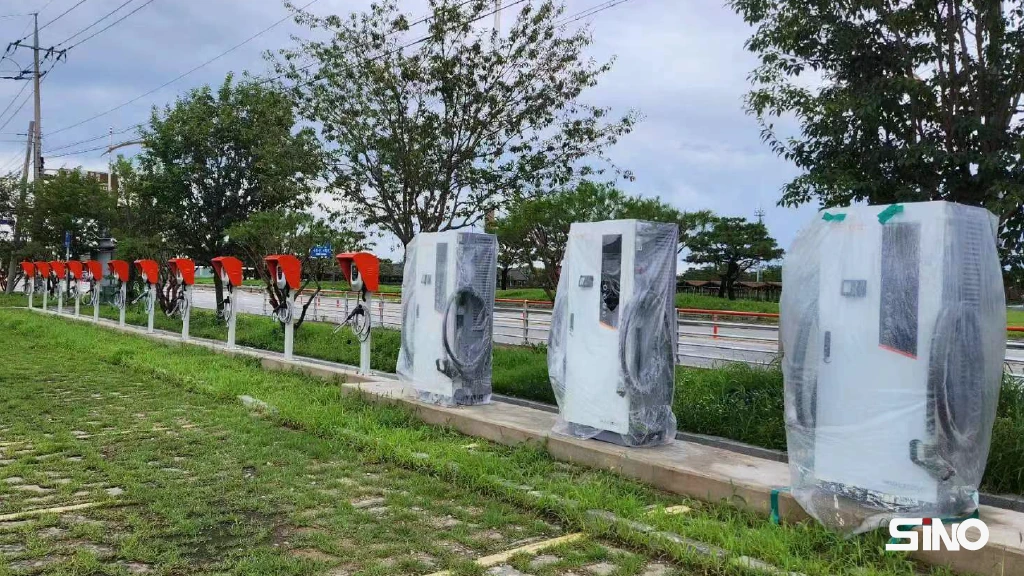
Local and Regional Programs
- State and Provincial Incentives:
In addition to national programs, many states and provinces have their own incentives for installing EV charging stations. These can include sales tax exemptions, registration fee discounts, and additional grants or rebates that are specific to the region.
- Municipal and City Programs:
Cities and municipalities may offer local incentives, such as reduced permit fees or free use of public land for the installation of charging stations. These programs are often designed to increase the density of charging stations within the city limits, making EV ownership more practical for residents.

Public-Private Partnerships
- Collaborative Funding:
Governments often collaborate with private companies to fund the installation of EV charging stations. These partnerships can leverage the resources and expertise of both sectors to accelerate the deployment of charging infrastructure.
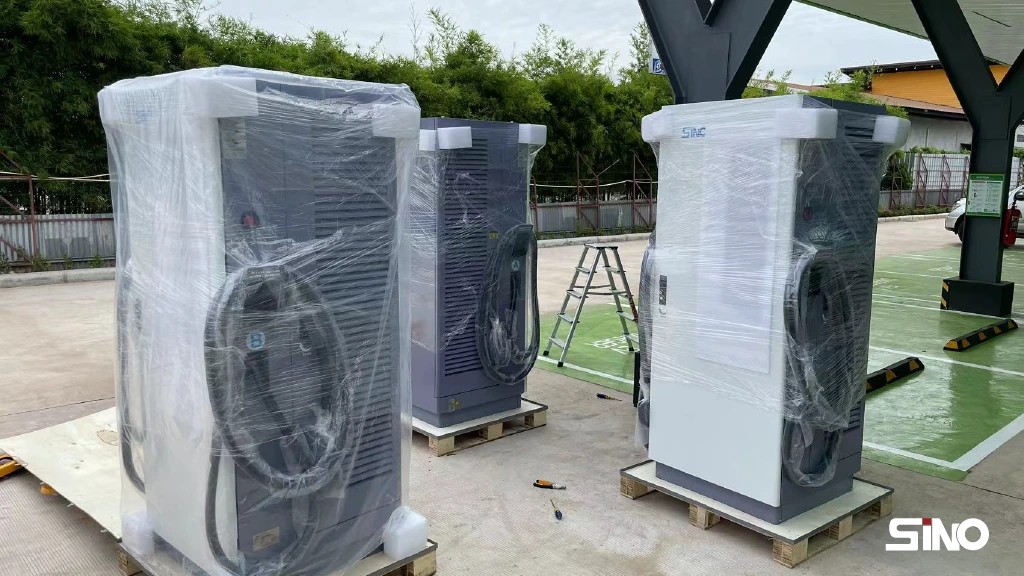
Consumer Incentives
- Purchase Incentives:
Some governments offer incentives to consumers for purchasing EVs, which can indirectly encourage the installation of charging stations. These incentives can include tax breaks, rebates, and reduced registration fees, making EVs more affordable and thus increasing demand for charging infrastructure.
Government incentives play a crucial role in making the installation of EV charging stations more accessible and cost-effective. By reducing the financial burden on businesses and individuals, these programs help to create a robust charging network that supports the growth of the EV market. As the technology continues to advance and the demand for EVs increases, it’s likely that governments will continue to expand and refine these incentives to ensure a smooth transition to a more sustainable transportation future.
When considering installing an EV charging station, it’s important to research the specific incentives available in your area, as programs can vary widely. By taking advantage of these opportunities, you can contribute to the global shift towards cleaner transportation while also enjoying the benefits of a more connected and efficient charging network.
Our social:
Facebook: www.facebook.com/sinoevc
Instagram: www.instagram.com/sinoevc
Linkedin: www.linkedin.com/company/sinoevse
Youtube: www.youtube.com/@sinoevc
Twitter: www.twitter.com/sinoevc

“Better Charging for Better Life”
—ZHUHAI SINO ENERGY TECHNOLOGY CO., LTD.




